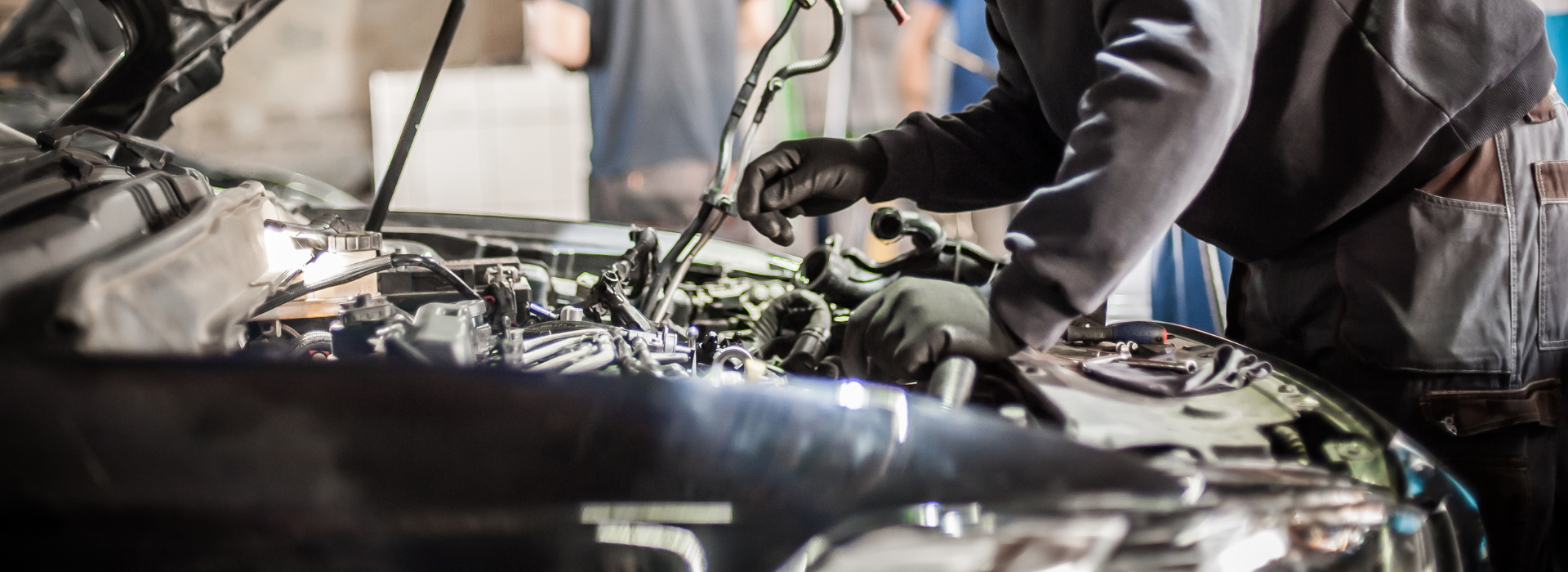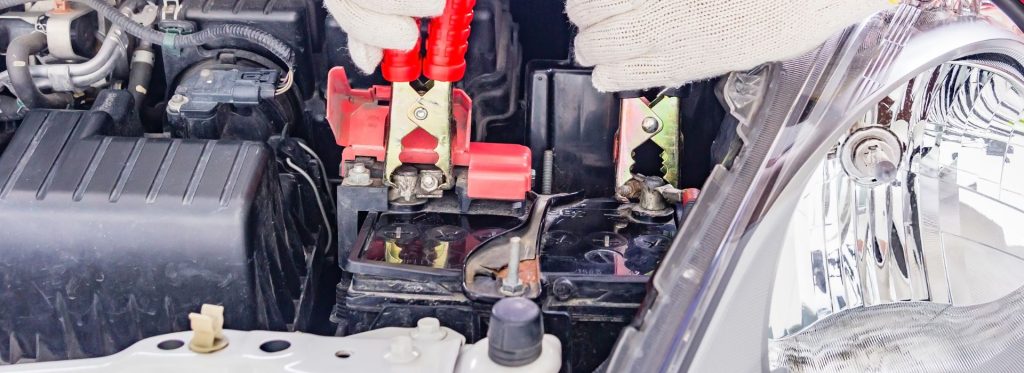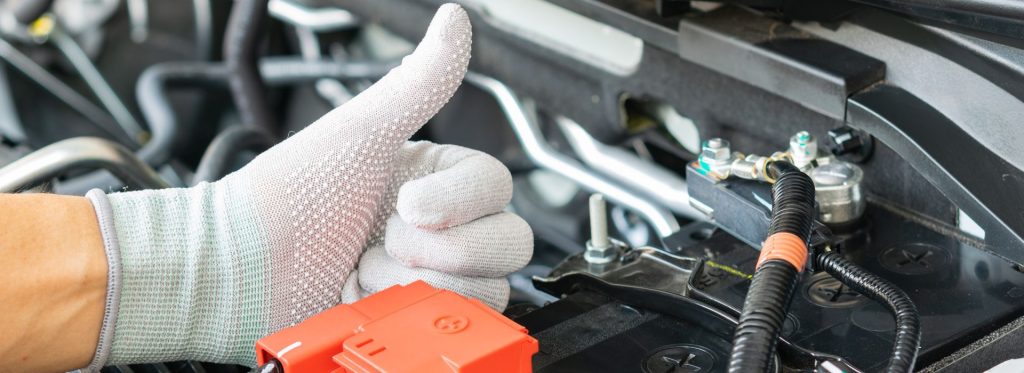
The Future of Automotive Batteries: Powering Your Ride Ahead
Hello, fellow road adventurers! At Incoe Battery PH, we’re not just about today’s battery needs; we’re here to talk about the exciting road ahead – the future of automotive batteries. If you ever have questions or want to discuss the latest developments, give us a call at (02) 83616491 or send us an email at pollux.inquiry@gmail.com. But for now, let’s dive into the fascinating world of the next-generation automotive batteries.
Say Goodbye to Lead-Acid Batteries
Remember those heavy lead-acid batteries that have been under the hood of vehicles for decades? Well, they’re on their way out. The future is about lighter, more powerful, and eco-friendly options. We’re talking about lithium-ion batteries and beyond. These batteries are not only lighter but also have greater energy density, meaning more power in a compact package.
Fast Charging for All
Imagine stopping for a coffee and having your car’s battery fully charged by the time you finish your latte. That’s the future! Fast-charging infrastructure is expanding, and newer batteries are designed to handle rapid charging without compromising their longevity. It’s all about convenience and reducing your downtime.
Longer Lifespan
One common concern with batteries is their lifespan. Traditional lead-acid batteries have limited cycles. In the future, expect batteries with significantly extended life spans. This not only reduces waste but also saves you money in the long run.
More Efficient Electric Vehicles (EVs)
The rise of electric vehicles (EVs) is unstoppable, and it’s not just Tesla leading the charge. Many automakers are investing in electric technologies, and that means more efficient and powerful batteries for your EV. Longer ranges and improved performance are on the horizon.

Enhanced Environmental Friendliness
The future of automotive batteries is not just about power and performance; it’s about being kinder to the planet. Recycling and reusing battery components are becoming more common, reducing the environmental impact. Plus, the materials used in batteries are becoming more sustainable.
Solid-State Batteries
Solid-state batteries are poised to be the game-changer. They promise higher energy density, faster charging, and increased safety. These batteries use solid electrolytes instead of liquid, eliminating the risk of leakage or combustion. While they are still in the development stage, they hold enormous potential for the future.
Smart Batteries
The future is all about smart technology, and batteries are no exception. Smart batteries will be capable of communicating with your vehicle, your smartphone, and even the charging station to optimize performance and keep you informed about your battery’s health.
Wireless Charging
Say goodbye to plugging in your electric vehicle. Wireless charging is making its way to the automotive industry. It’s all about convenience. Just park your vehicle over a charging pad, and it will start juicing up. No more fumbling with cables.
Lighter Vehicles
Lighter batteries mean lighter vehicles, which leads to improved fuel efficiency for conventional cars and longer ranges for electric vehicles. The future is about less weight and more efficiency.
Energy Storage Beyond Vehicles
Automotive batteries won’t just power your vehicle; they might power your home too. The future includes using EV batteries for home energy storage, reducing your reliance on the grid and lowering your energy costs.
The future of automotive batteries is exciting and full of promise. It’s all about more power, greater efficiency, environmental responsibility, and a smoother ride. If you have any questions or want to learn more about these advancements, feel free to reach out to us at Incoe Battery PH. We’re here to keep you informed and to help you navigate the road ahead.
Give us a call at (02) 83616491 or shoot us an email at pollux.inquiry@gmail.com. We’re not just experts; we’re your trusted travel companions, dedicated to keeping your journeys smooth and your battery experiences top-notch.


Leave a Comment